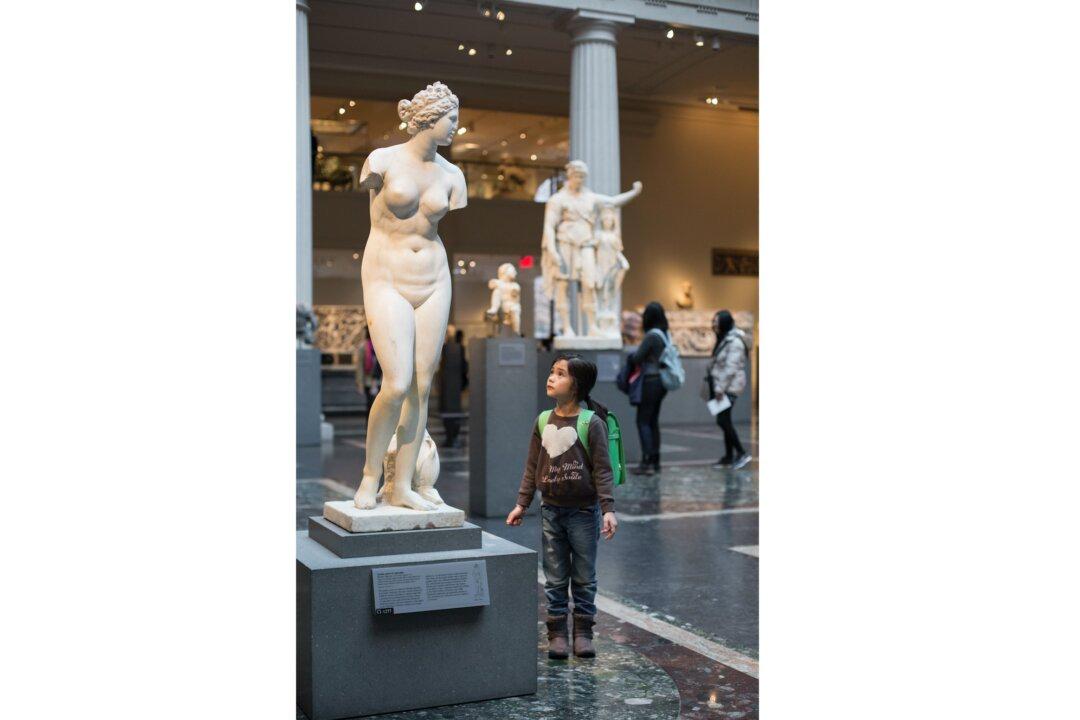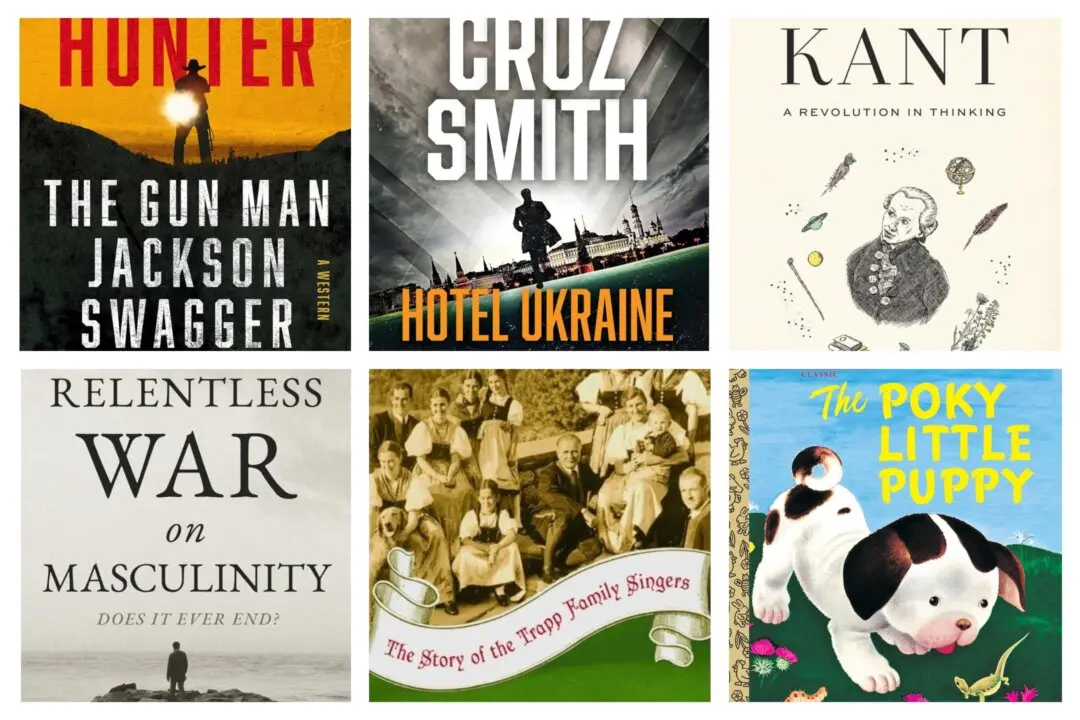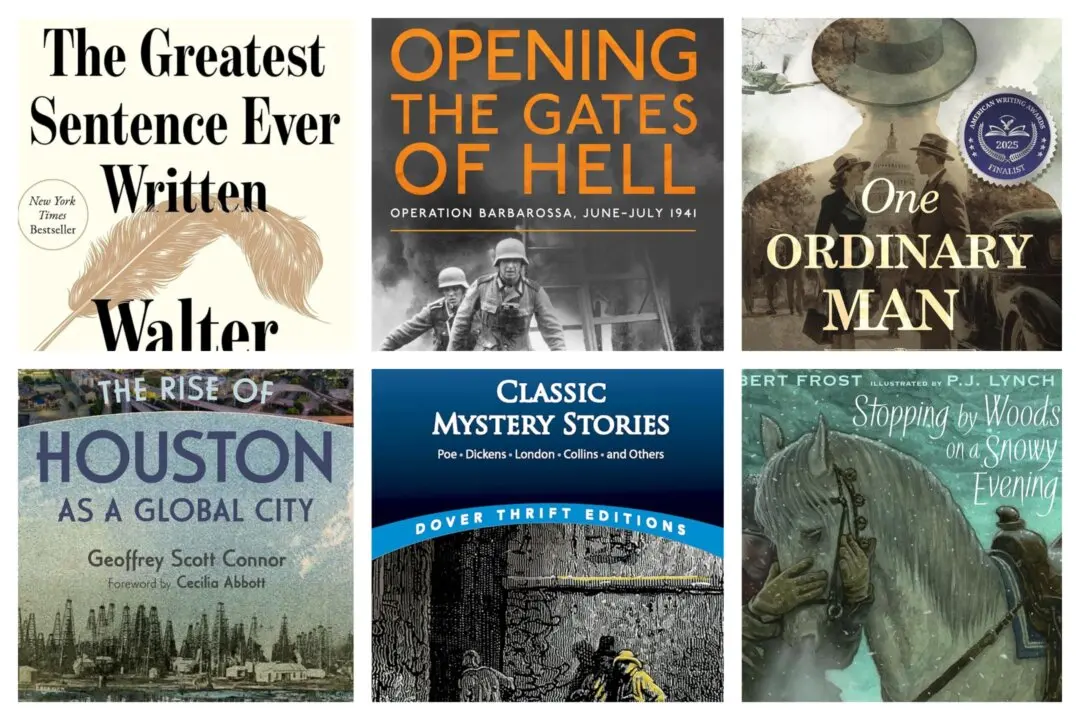When was the last time you audited your child’s school curriculum?
If your child is attending one of the just under 100 thousand public schools in the U.S., and you go looking for the study of history, you may be surprised to find this a subject with a very low priority or in worst cases, one that is nonexistent.
Pressured to produce students who can deliver high scores on standardized tests, schools today are focusing more on the two pillars of language arts and mathematics and finding little time for much else.
Well, one might ask, is history really necessary? I mean, if we want to know what happened in the past or plot names and dates on a timeline, we’ve got Google! All of history is literally walking around with us in our back pocket!
It’s true we can look up any historical fact at any time. However, you can’t just absorb the entirety of the great story of the past (that’s what history is, after all) and understand how that relates to our lives today, our society today, our world today, with a mere keyword search.
You may even wonder if anyone needs to know anything about the past at all. I mean, who remembers what they taught us in school about history and we’re just fine, aren’t we? Live in the now. It doesn’t matter what happened back then.
I’m guessing it’s some version of this thinking that has allowed this lack of history education to go unchecked and largely unquestioned.
There are a number of reasons to understand human history, however, and to ensure our children understand as well. Here are a mere few:
History Tells a Great Story
You may not realize this if you were subjected to “Social Studies” or were taught History in a piece-meal and incomplete way, but the stories of the past, from the very beginning throughout time, are stunningly entertaining. I mean, what a story, this human experience so far!
Teaching children stories of the world, from the beginning of time to the present, can be a joy for the whole family.
History Invites a Search for Truth
More than ever, the ability to decipher fact from fiction and reality from propaganda, is a skill we each must hone. Understanding History and sharpening our capacity to pin down reliable and original sources, can shed light on a whole host of truths, both of the past and present. As different sources are consulted, the ability to understand the viewpoint of the author or presenter of facts becomes significant in deciphering the accuracy of the information and the existence of differing viewpoints.
With an understanding of how the human experience has unfolded over the ages, across cultures, among different societies, one can see how we’ve arrived at the present day. An appreciation for the past can enhance our understanding of the present.
History Teaches Life Lessons
To delve into the stories of the past is to explore questions of character, morality, ingenuity, creativity, science, and spirituality faced by peoples of all places and times. To see life from different perspectives and to put oneself in others’ shoes through the stories of the past, enriches one’s understanding of life.
History Enhances Our Understanding of Ourselves
To understand the history of our ancestors and the cultures that shaped them is to understand ourselves better. Customs, beliefs, habits, and more are passed down through generations. Understanding their origins can be enlightening.
History Enhances Understanding of the Present
As world events become ever complicated, an understanding of history can produce more informed and enlightened members of society. There are elements of history we'd like to not repeat and positive lessons to take from as well. They are of no use, however, if we are all ignorant to what has happened before our time.
History Breeds Compassion
When you delve into the stories of the past, of other cultures, of struggles, of success, of war, of development, of artistic enlightenment, of industrialization—you begin to weave together in your mind the patterns and connections of the past and how they relate to today.
Everything of the past has led up to today and has shaped life on Earth as we know it today. To understand that grand story, embedded with the countless stories or countless people, you begin to appreciate the differences and revel in the similarities of the experiences of all people and all times. Empathy blooms and compassion follows.
While rote memorization of historical facts or a scattered, out-of-order presentation of history may do little good to our children, a real study of history can be priceless. Until this is a priority of schools, parents can encourage such study at home through great books and age-appropriate documentaries, as well as through fun family outings to historically significant destinations.
Dive into history. You'll be glad you did.






